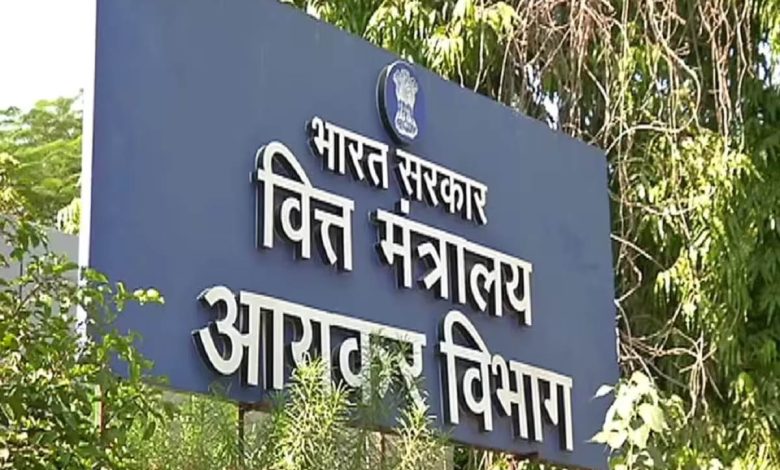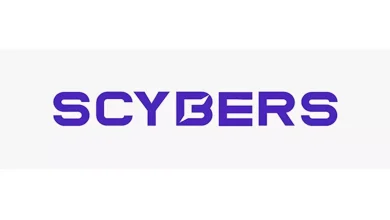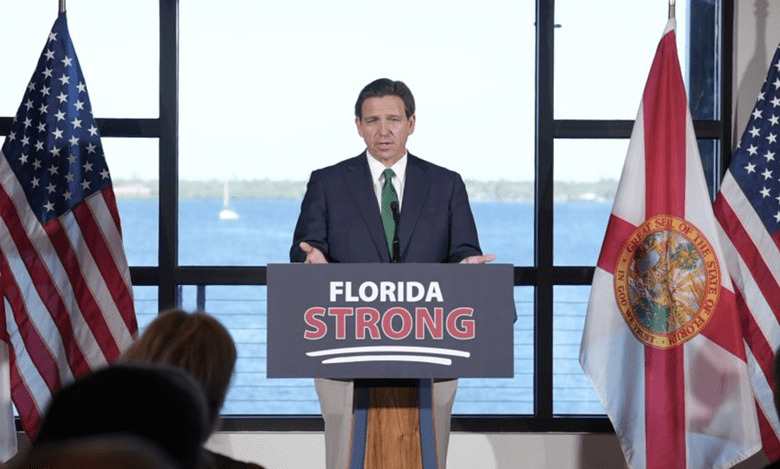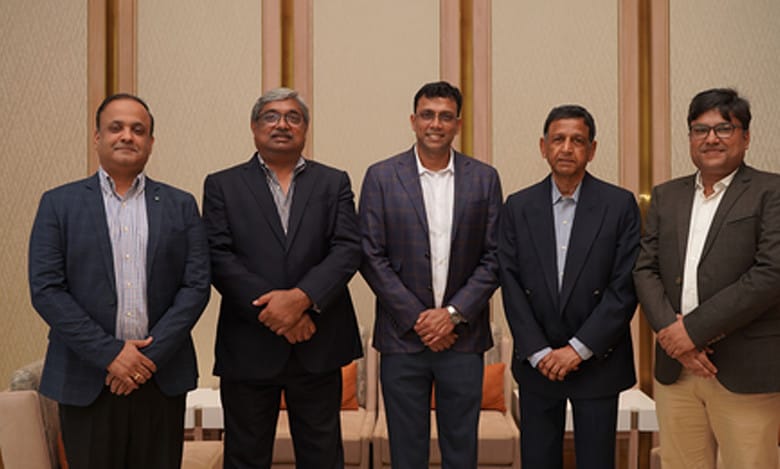CBDT said: Check high value cash transactions in hotels, hospitals

Business: The CBDT has told the Income Tax Department that large-scale cash transactions in commercial sectors such as hotels, luxury brand sales, hospitals and IVF clinics should be investigated in a “non-intrusive” manner. The Central Board of Direct Taxes – the apex body for direct tax administration in the country – has asked the tax department to make “concerted efforts” to recover outstanding demands, which have seen a “sharp increase” since the last fiscal. The CBDT recently released an annual action plan dossier called Central Action Plan (CAP) 2024-25. Senior officials told PTI that cash transactions of more than Rs 2 lakh should be reported by financial institutions through the Statement of Financial Transactions (SFT), but this is not happening. “While investigating such reports, it has been found that violations of these provisions are widely prevalent,” the board told the Income Tax Department. “Further, although providing or obtaining a PAN (permanent account number) is required in specified transactions under section 139A, there is no reporting/verification mechanism to determine compliance with this obligation,” it said. In any case, it said, “high value” consumption expenditure needs to be verified with information about the taxpayer and, therefore, it is imperative to identify sources that may be involved in potential fraud.
The department identified certain businesses,
such as hotels, banquet halls, luxury brand retailers, IVF clinics, hospitals, designer clothing shops and NRI quota medical college seats, where these rules were not being followed and large amounts of cash transactions were taking place. “Such sources have to be identified and verification exercise may be carried out by seeking information in a non-intrusive manner,” the CBDT directed the tax department. The amount of cash in the economy can be gauged from the fact that during FY 2023-24, the tax department carried out 1,100 searches or raids across the country to check tax evasion, resulting in seizure of assets worth about Rs 2,500 crore, of which Rs 1,700 crore was cash, a senior official said. The CBDT also told income tax officials that “new opportunities have opened up for identification of potential taxpayers due to data mining and data analytics” and effective use of such data “can lead to identification of a large number of potential taxpayers.” “Non-filers and those whose ITRs (income tax returns) do not match the financial transactions carried out by them are selected on the basis of rules through management information system and taken up for e-verification.
E-verification results in expansion and deepening of taxpayer base,” it said. The board said the tax department has been given a target to add 10 per cent more tax return filers to the number of filers at the end of 2023-24 than in the current fiscal. The CBDT also expressed concern over the “increase” in the figures of outstanding demand in the past years and said it has increased from Rs 24,51,099 crore on April 1, 2023, to Rs 43,00,232 crore on April 1, 2024. “This is a very sharp increase which requires immediate and prompt action,” it said. “Keeping in view the past trends of outstanding demand and cash collection, it is imperative that concerted efforts continue to be made to reverse the trend of rising outstanding demand and initiate the process of reducing the figure to more manageable levels,” it said. The board has also announced in the action plan that a “special team” headed by a principal commissioner of income tax will be formed in each zone by the end of September to take action to recover tax dues in the top 5,000 cases – which is nearly 60 per cent of the total demand of over Rs 43 lakh crore. The special teams will detect the dues by “thorough and quick analysis” of the physical records and other details of the top 5,000 cases.





